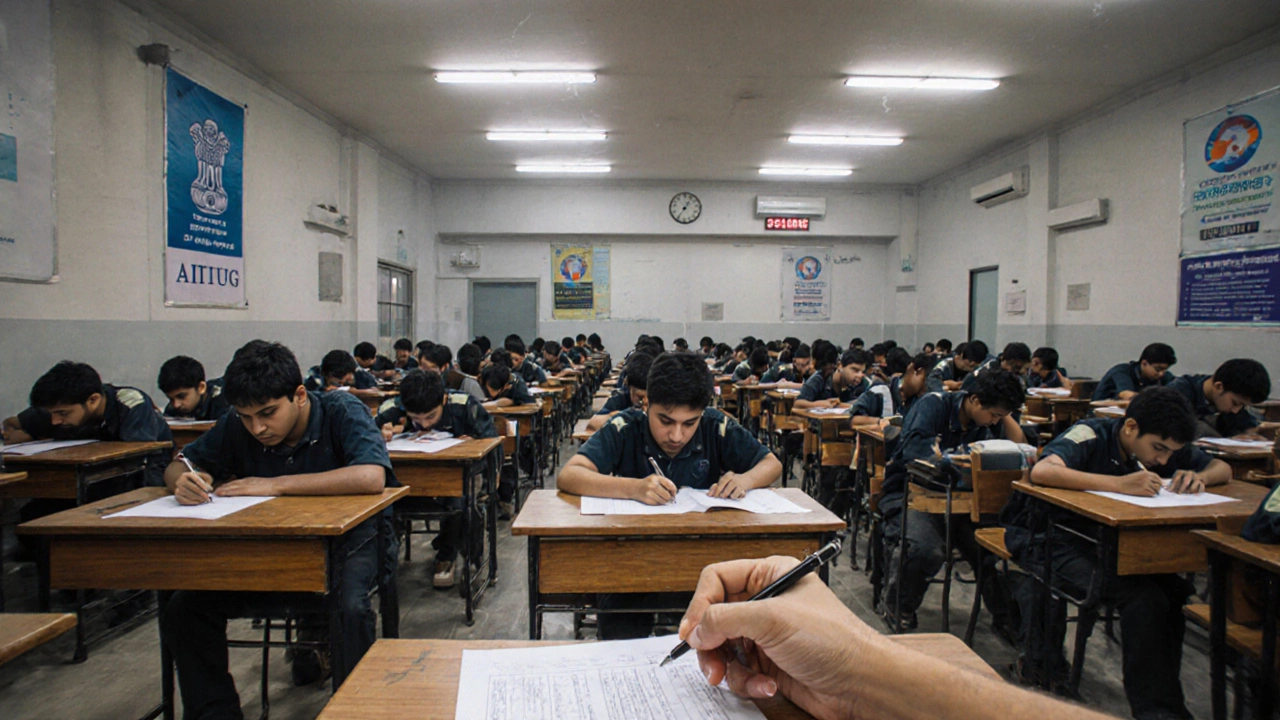Difficult Degree India: What Makes Some Courses So Tough?
When tackling difficult degree India, any college program that demands intense preparation, high competition, and deep subject mastery in the Indian education system. Often called hardest Indian degree, it covers fields like medicine, engineering, and elite school boards. For example, NEET, the national medical entrance exam that decides who gets into MBBS courses is a core gatekeeper for the most sought‑after medical degree, while IIT, India's top engineering institutes that admit students through the JEE exam represent the pinnacle of engineering education. These entities illustrate the semantic triple: difficult degree India ⟶ requires ⟶ high‑stakes entrance exams; NEET ⟶ determines ⟶ medical degree difficulty; IIT ⟶ requires ⟶ JEE mastery.
Why Certain Paths Are Rated as the Hardest
The difficulty level stems from three main forces. First, the curriculum itself is rigorous: CBSE’s flagship syllabus, for instance, packs a dense mix of concepts that push students to a high academic ceiling. Second, the selection process is ultra‑competitive; JEE Advanced narrows down millions to a few thousand, and NEET’s pass rate hovers around 30 %. Third, the stakes are huge—students often invest years of study, coaching fees, and personal sacrifices for a seat that promises a lucrative career. This trio of curriculum depth, exam competition, and career payoff forms a clear semantic relationship: hard curriculum ⟶ drives ⟶ high competition; high competition ⟶ creates ⟶ greater pressure on students.
Understanding these pressures helps you plan smarter. If you’re eyeing a medical degree, start with the NEET blueprint: focus on NCERT fundamentals, practice previous‑year questions, and schedule regular mock tests. For engineering aspirants, break down JEE topics into manageable chunks, use spaced repetition, and blend classroom learning with online problem‑solving platforms. Both routes benefit from early exposure to the toughest parts of the syllabus—organic chemistry for NEET, and calculus + vectors for JEE. This approach mirrors the semantic triple: early exposure ⟶ enhances ⟶ exam readiness; exam readiness ⟶ boosts ⟶ chances of admission.
Below you’ll find a curated list of articles that dive deeper into each aspect of a difficult degree India. From detailed NEET material reviews and IIT branch‑selection guides to strategies for mastering CBSE’s demanding curriculum, the collection equips you with actionable insights, real‑world tips, and data‑backed advice. Keep reading to see how you can turn a daunting academic road into a clear, achievable path.
India's Toughest Degrees: Which Courses Are the Hardest?
Discover India's toughest degrees, from IIT engineering to MBBS, CA and UPSC. Compare entrance exams, workload, pass rates, and learn how to survive these challenging programmes.
read more